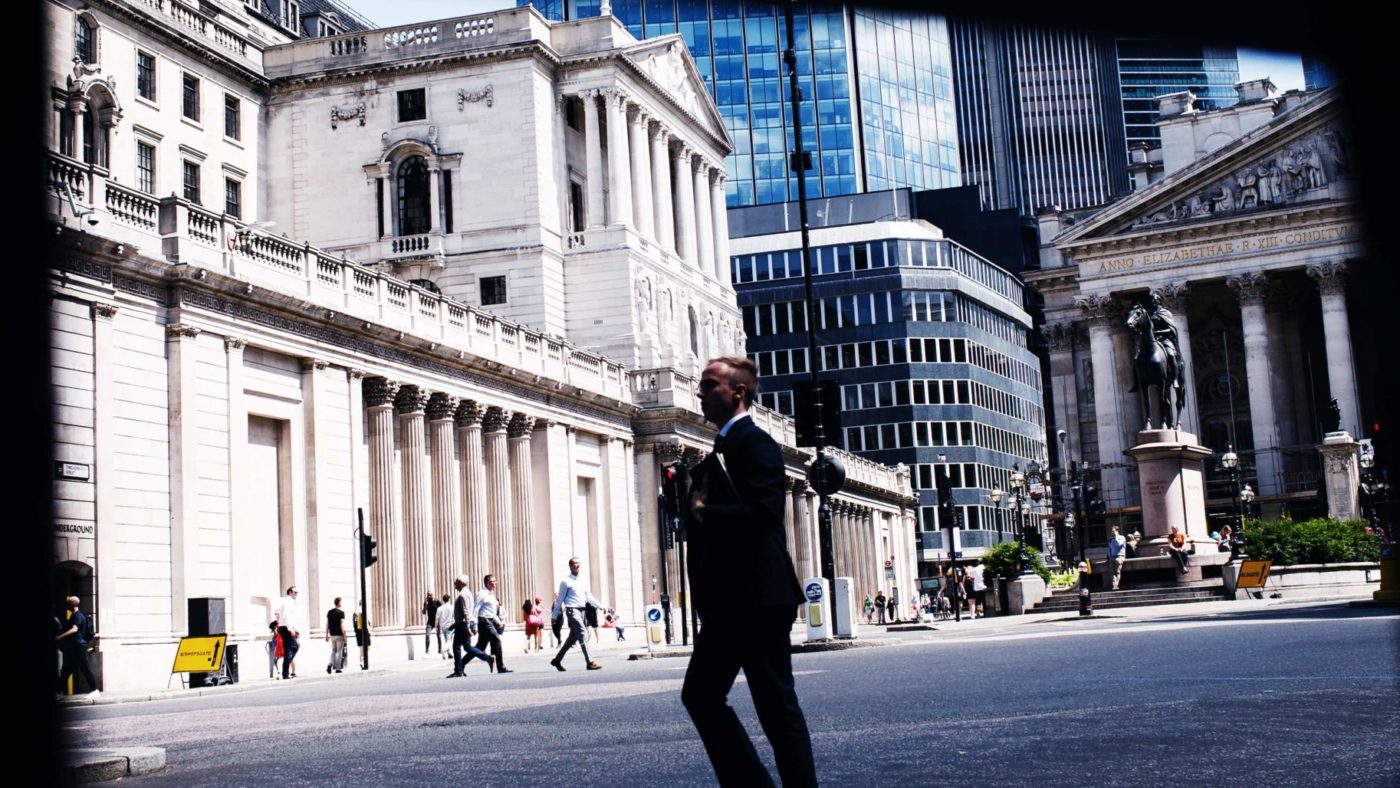“Inflation,” wrote Harold Wilson in his account of his government of 1974-6, “is father to unemployment.” To those too young to recall the 1970s (a strange era matchlessly described by Francis Wheen in his cultural history Strange Days Indeed), it may seem curious that political debate of the time was so focused on inflation.
After all, debates about inflation seem to have been consigned to the history books. Western economies have practised unconventional monetary policies for the past decade, with central banks maintaining near-zero interest rates and buying huge quantities of government bonds, yet inflation hasn’t taken off. Indeed, inflation in Britain is currently running below the Bank of England’s target of 2% annually. The latest figure, moreover, is from February, before the current collapse in output due to the coronavirus. Over the coming months, this and the effect of a sharp fall in oil prices will feed through into the inflation figures.
That too is very different from Wilson’s era, when the western economies had to contend with a quadrupling of the price of oil by the Opec producers’ cartel in 1973. Britain’s economy was mired in “stagflation”, a combination of recession and inflation. This time round, the economy is contracting dramatically but inflation is almost certainly going to decelerate over the next few months.
Will this change? Is current policy – and massive government debt – going to boost inflation later on, and how should policymakers respond? I can’t know but I’d expect inflation to return once we’re through the public health crisis, whenever that is. But I don’t believe that the government and the Bank of England should regard this higher inflation with fear; rather, they should adapt to it.
The reason why I expect inflation to happen this time is that it’s a different type of crisis from the banking crash of 2007-09, which prompted central banks to adopt their historically unprecedented measures. That crisis, in which the banks collapsed under a cascade of bad debts, was a huge shock to demand. The measures adopted to contend with that shock were radical but correct. Central banks flooded the financial system with liquidity. Governments allowed their budget deficits to expand, and rescued the banking system (in Britain’s case, also including taking public stakes in the banks).
The coronavirus crisis is different. There is currently a huge hit to the supply side of the economy. Businesses are struggling because workers are ill and consumers are not spending because we’re being confined to our homes. When productive capacity is contracting and the central bank is injecting huge amounts into the economy, this is likely to eventually produce inflation.
The Bank of England, under its new governor, Andrew Bailey, is doing the right thing, even so. It’s not the Bank’s role but the task of government to help businesses and households meet their bills over the months ahead. If businesses can survive this crisis, they’ll be better able to immediately supply goods and services once the crisis is past. And the Government’s policies are entirely correct too. Now is the wrong time to worry about the public finances. All efforts need to focus on getting through this crisis.
But a spike in inflation is in my view likely to happen. What then? There’s no particular magic about the Bank’s target of 2% annually. Economists are broadly agreed that a stable rate of inflation is a good thing. If households, businesses and investors can feel reasonably secure that inflation won’t fluctuate massively, then they’ll be able to take longer-term decisions. That in turn will make society wealthier than it would otherwise be. Conversely, to take a very extreme counterexample, where a central bank prints money without limit to underwrite inflationary public financing, then the result will be devastating for people’s livelihoods. Hyperinflation in Venezuela has destroyed the value of savings and consigned the country’s population to penury.
Reasonable people will differ on this, but I can’t see a net downside to an annual inflation rate in the mid-single digits rather than the low single digits. And I’d like the Bank (which is mandated by parliament to meet an inflation target, so the target would need to change) to allow a bit more inflation over the long term. There’s a good reason why central banks that operate inflation targeting don’t go for zero inflation. Where there is positive but stable inflation, then it acts as a lubricant to the economy. Consumers are encouraged to spend rather than defer their purchases. Businesses invest in anticipation of that demand.
When this crisis is over, the economy may look very different. The government and the Bank are rightly trying to minimise those differences by ensuring that businesses and consumers can get through it. A collapse in demand is part of the cure, as Ryan Bourne has cogently pointed out on CapX, and not something that they should try and head off. When demand returns, inflation may well result. But it will be far from our most pressing problem.
Click here to subscribe to our daily briefing – the best pieces from CapX and across the web.
CapX depends on the generosity of its readers. If you value what we do, please consider making a donation.


